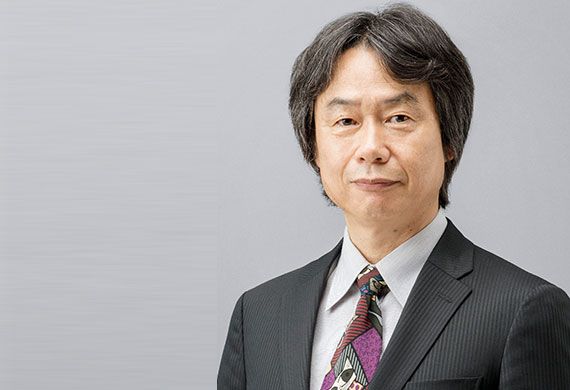Shigeru Miyamoto: Creator of Mario, Zelda, Donkey Kong
By Shigeru Miyamoto

Shigeru Miyamoto is perhaps the most renowned game designer in the history of video games. Often dubbed the “father of modern gaming,” he is the mastermind behind Nintendo’s most recognizable franchises, including Super Mario, The Legend of Zelda, and Donkey Kong. What he did for the world of gaming redefined how we as a culture comprehend, experience, and enjoy interactive entertainment.
Miyamoto first became involved in 1970s Nintendo, as the company transitioned from toys and arcade cabinets into electronic gaming. His initial major success happened with Donkey Kong (1981) which led to the world of Mario, and was introduced to the world to a tremendous amount of fanfare. Soon after, Super Mario Bros. launched (1985), which almost single-handedly redefined platform gaming with its precision mechanics, whimsical worlds, and recognizable music. Later Miyamoto went on to create The Legend of Zelda series, another groundbreaking franchise which effectively invented open-world exploration and nonlinear gameplay.
His design philosophy has continually revolved around playfulness and intuitive play. Miyamoto has famously focused on gameplay first and foremost—ensuring everything feels natural and fun before wrapping them in visuals or a story. He is unique in that he has the ability to create games that appeal to everyone, regardless of generation, skill level, or culture, resulting in characters like Mario and Link that are known around the world.
And in addition to characters and stories, Miyamoto's unique legacy includes changing hardware and user experience as he was key to the development and success of the Nintendo Wii, though gaming had previously been limited to standard button press controls; the Wii introduced motion-based gaming to the greater public, and in doing so helped to bring video game gaming into households that had previously been unwilling to embrace it.
Today, after decades in the business, Miyamoto continues to actively work at Nintendo, now as a representative director and creative fellow; he will likely continue to be a step ahead of most game developers for the foreseeable future. His work continues to inspire established developers while continuing to capture the imagination of budding game creators, and generational legacy is woven through nearly every genre of gaming today.
.jpg)